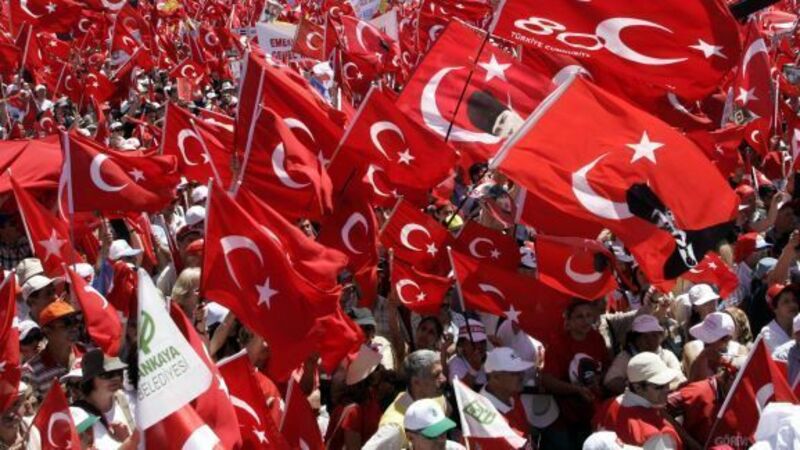Turkey to continue strikes on Kurdish rebels

Turkey’s air raids against the Kurdish rebels, which came at the same time as Turkey began cracking down on the Islamic State group, are reigniting a 30-year conflict with the insurgents and leave a two-year-old, fragile peace process in pieces.
The airstrikes on IS follow intense US pressure on Turkey to more actively join a coalition against the extremists, but Turkey’s actions against the Kurdish rebel group pose a conundrum for US president Barack Obama, who is relying heavily on the insurgents as allies in Syria.














